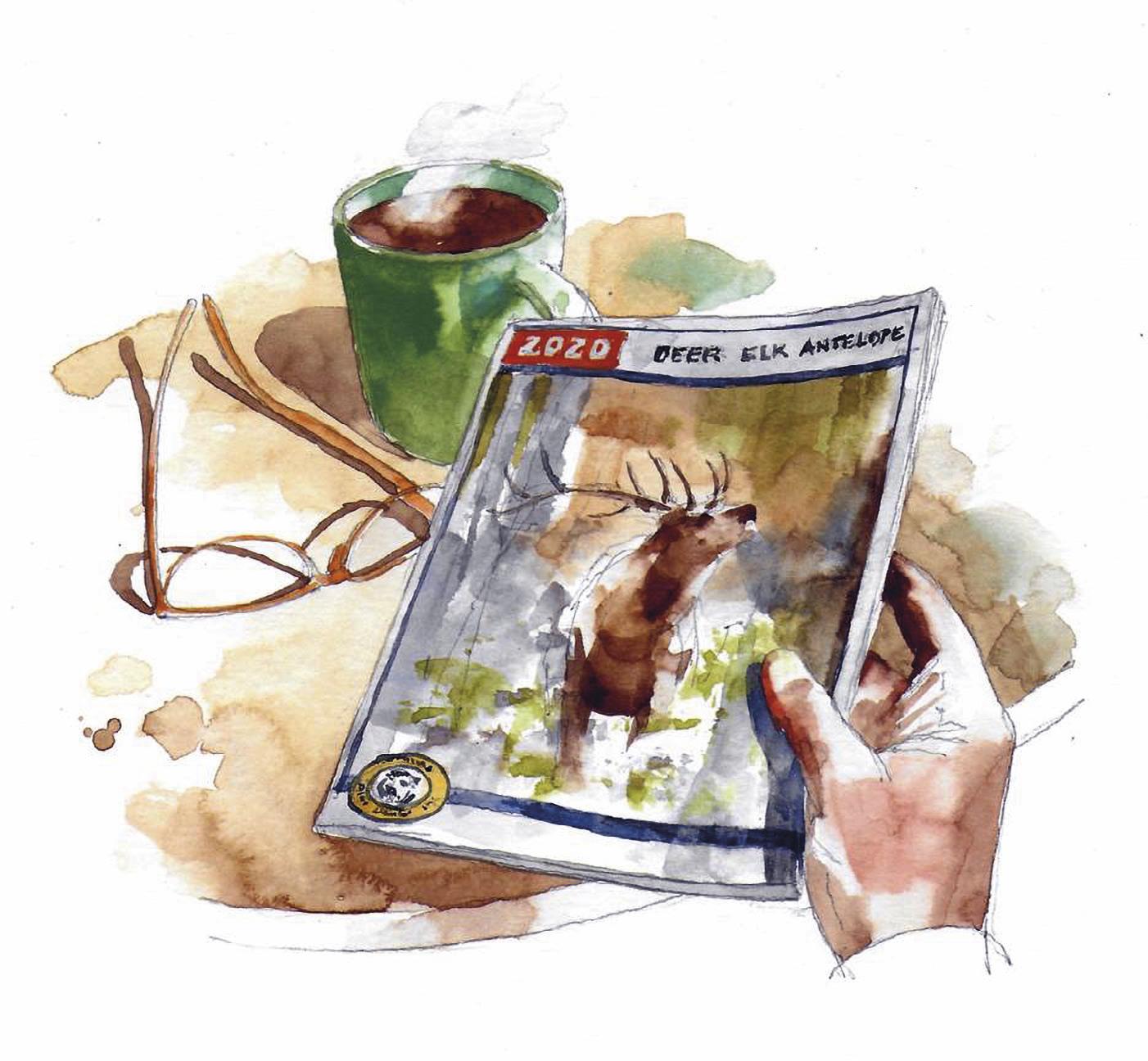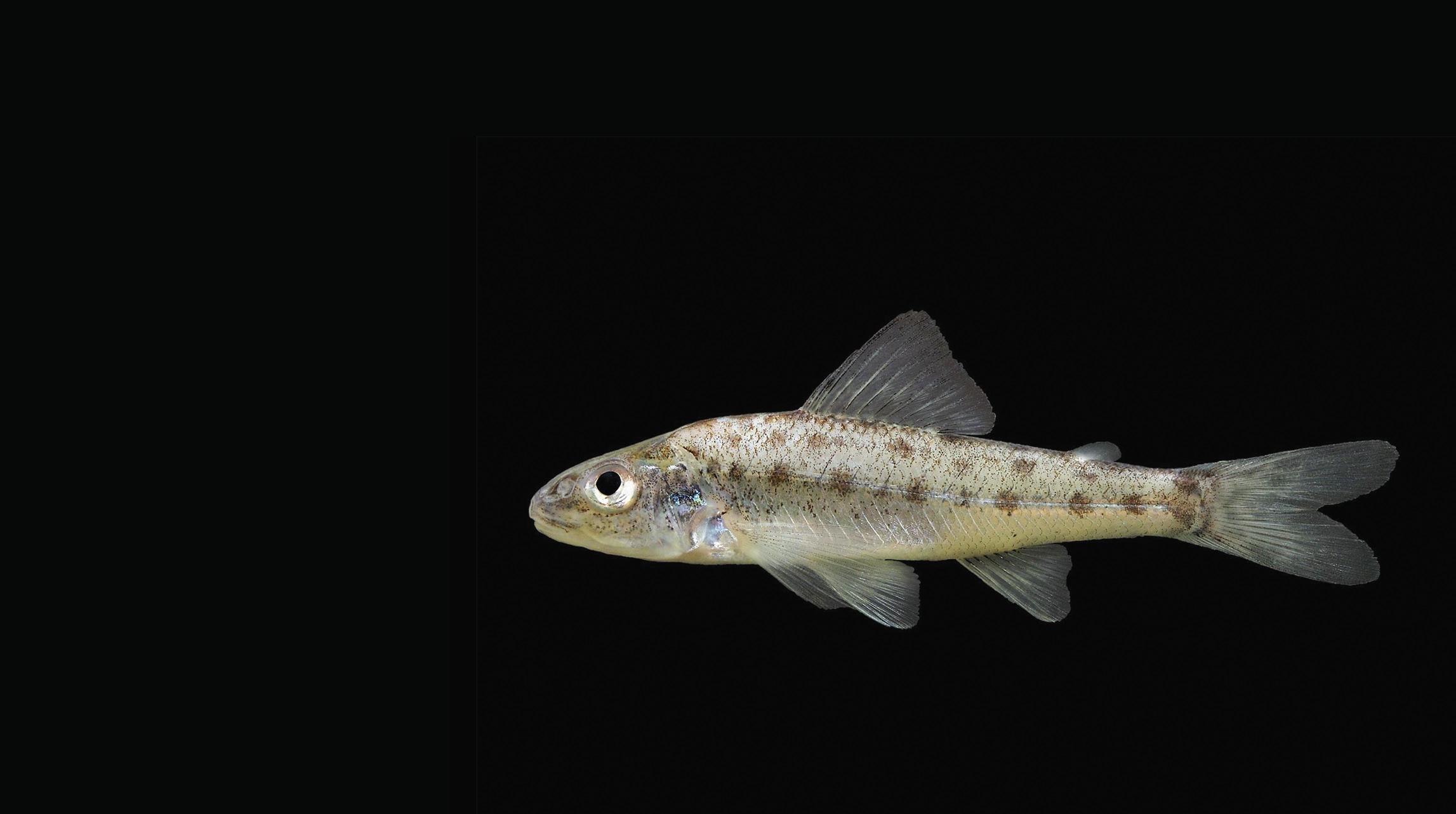
3 minute read
OUR POINT OF VIEW On the Cusp of an Outdoors Reawakening?
On the cusp of an outdoors reawakening?
Montana conservation giant Jim “Poz” Posewitz, who as cash-strapped states would be forced to sell them off, thus died in July at age 85, used to say of our state’s eliminating public access. abundant and healthy fish, wildlife, and wildlands: “It Sadly, not enough people seem to care that all this is taking place. didn’t happen by accident.” It hasn’t always been so. In the 1930s, ’40s, and ’50s, hunters
Poz’s point was that it has taken years of dedication and collec- and anglers brought game species back from the brink of extinction tive work by individuals, groups, and public agencies to maintain and protected fish stocks by agreeing to tax their own hunting and public access to land and water and protect the integrity of fish and fishing equipment purchases to pay for management and conservawildlife populations and habitat. And that our ability to pass along tion. That essential funding mechanism continues to this day. Half that access and those resources to future generations will require a century ago, conservationists pushed for and got federal legislacontinued attention and action. tion protecting air, water, wilderness, and endangered species.
America’s public trust resources—the waters, fish, wildlife, and Those were great, well-fought successes. But because smog no public lands that belong to everyone—are under seige. Climate longer blocks the sun, deer and other wildlife populations have change threatens to alter Mon- grown tremendously, and rivers tana’s fish populations and re- no longer sicken those who duce water supplies. Diseases swim there, people have become like West Nile virus and chronic complacent. wasting disease are spreading Fortunately, I see signs of among wildlife across the state. renewed interest in public trust Wildlife and fisheries habitat is resources and their stewardship. increasingly degraded by spotted The recent coronavirus panknapweed, Eurasian watermilfoil, demic has been tragic for our and other invasive plants. public health and economy. Yet it
But the biggest threat of all has spurred an unprecedented may be public indifference. interest in the outdoors. Across
Too few people understand the United States, millions more Poz’s essential point about the We may be entering a new era in people, many for the first time, need for public dedication and involvement to maintain clean water, accessible lands, and which more people not only get out and enjoy the natural world, but also are sitting around a campfire, fighting a fish, visiting a city park, and hiking through forests. healthy wildlife. It’s not that begin advocating for its stewardship. These and other activities that nobody gets it. People still show connect people to the natural up at rallies demanding that public lands remain in public hands. world are what ignite a passion for public trust resources, inspiring They attend meetings and legislative hearings. They sign petitions people to care for and work to protect land, water, and wildlife. requesting protections for fish and wildlife habitat. But not enough Also encouraging is recent passage of the Great American Outpeople are doing that essential conservation advocacy. doors Act, one of the most important conservation bills of the past
There’s also no question that people use and enjoy public trust half century (see page 9). The act’s wide bipartisan support makes resources. Montana’s trails, rivers, reservoirs, and parks are packed, clear that public trust resources are important to Americans both especially this year. Yet it’s become increasingly rare for people to rural and urban and require continued public investment. understand what it takes to build and maintain trails, keep rivers All this gives me hope that we are on the cusp of a public trust healthy, secure wildlife habitat, and staff parks so visitors can have reawakening. That we may be entering a new era in which more fun and be safe. Far too many take public trust resources for granted. people rise to Jim Posewitz’s challenge to not only get out and enjoy
You see that same indifference in recent decisions by the federal the natural world, but also to advocate for its stewardship. government to weaken protections for clean water, endangered In my next column, I’ll explain how all of us in the conservation species, migratory birds, wetlands, and tributary streams. Most community can prepare for and take advantage of what I believe to recently, the current administration took aim at public trust be a major shift in public attitudes toward our treasured public trust resources by weakening the National Environmental Policy Act. resources.
Add to this the persistant effort across the West to transfer federal lands to states, a backhanded effort to ultimately privatize the lands, —Martha Williams, Director, Montana Fish, Wildlife & Parks








